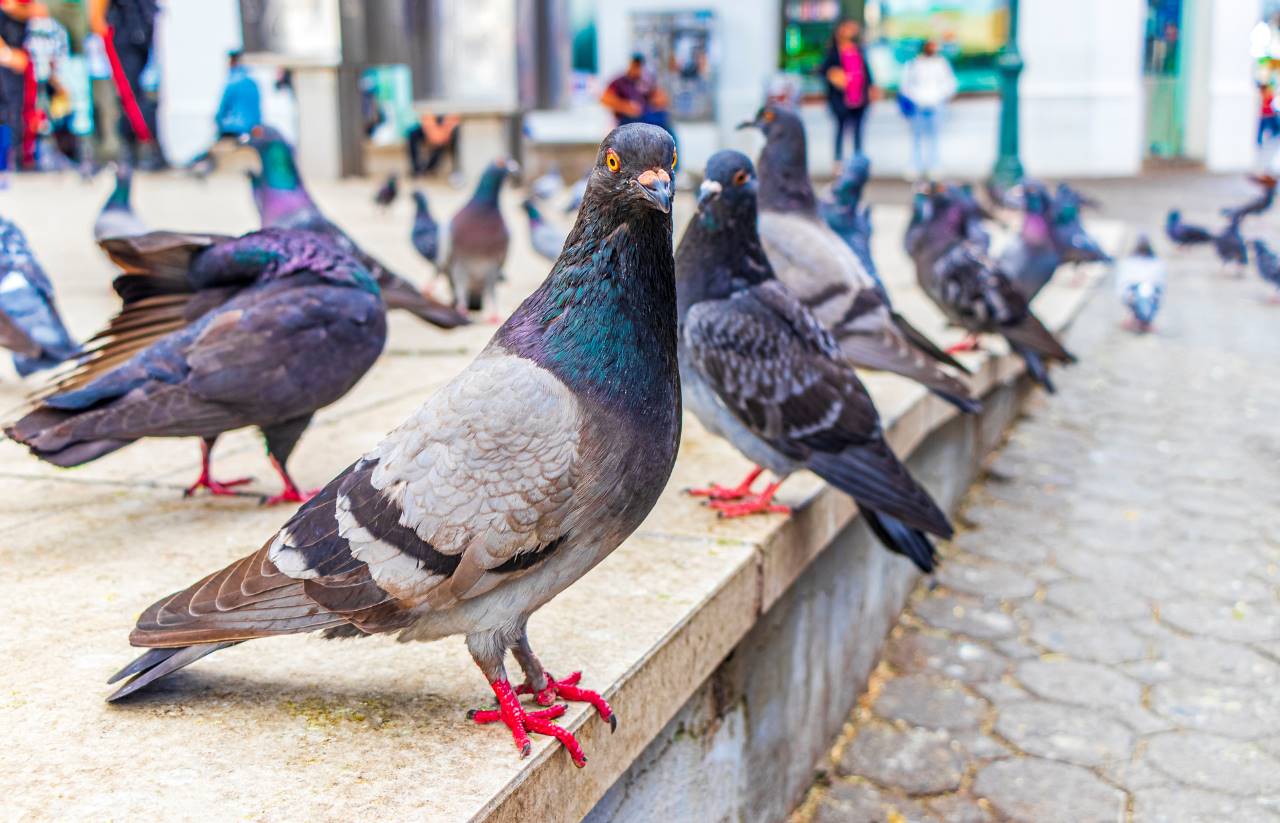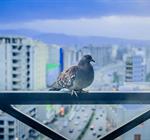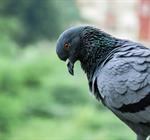
25 Aug 2024 | Apex Environmental Services (UK) Ltd
Do Pigeons Carry Diseases?
Pigeons are a common sight in almost every UK city, often seen pecking at crumbs on pavements or perched on building ledges. And while these birds and their cooing may seem harmless, it’s fair to wonder: do pigeons carry diseases? It's a valid concern, especially given how frequently we encounter these feathered creatures in our daily lives. In this article, we'll explore the potential health risks associated with pigeons and discuss how you can protect yourself and your property.
Understanding Pigeons and Disease Transmission
About Pigeons
Pigeons, also known as rock doves, have adapted remarkably well to urban environments. They've become so ubiquitous that they're often referred to as "flying rats". But are they really as dirty and disease-ridden as this nickname suggests?
Spreading Illness
While pigeons themselves aren't inherently diseased, they can indeed carry and spread various pathogens. The primary concern isn't so much the birds themselves, but rather their droppings - pigeon faeces can harbour a variety of harmful bacteria, fungi, and parasites that pose risks to human health.
Common Diseases
Some of the diseases associated with pigeons include salmonellosis, psittacosis, and cryptococcosis, with these illnesses potentially causing a range of symptoms, from mild flu-like discomfort to more severe respiratory issues. It's worth noting that while the risk exists, the likelihood of contracting a disease from casual contact with pigeons is relatively low.
Health Risks from Pigeon Droppings
What's in Pigeon Droppings
Pigeon droppings are more than just an unsightly nuisance - they can contain harmful organisms like Histoplasma capsulatum, a fungus that causes histoplasmosis. This fungus thrives in areas with large accumulations of bird droppings, particularly in warm, humid environments.
Health Dangers
When dried pigeon droppings are disturbed, microscopic fungal spores can become airborne. If inhaled, these spores can lead to respiratory issues, especially in individuals with weakened immune systems. Long-term exposure to pigeon droppings can also exacerbate existing respiratory conditions such as asthma.
Direct Contact
Direct contact with pigeon droppings should be avoided, so if you're dealing with bird-related problems, it's important to take proper precautions. The risk of disease transmission also increases when handling contaminated materials or cleaning up large amounts of droppings, so you need to make sure you either hire a professional or invest in proper protection.
Protecting Against Pigeon-Related Illness
Staying Clean
Prevention is key when it comes to avoiding pigeon-related illnesses, so if you live or work in an area with a high pigeon population, it's important to maintain good hygiene practices. Wash your hands frequently, especially after being outdoors in areas where pigeons congregate.
Cleaning Up
When cleaning up pigeon droppings, take extra precautions; wear protective gear such as gloves and a face mask, and moisten the droppings before cleaning to prevent spores from becoming airborne. Use a solution of bleach and water to disinfect the area thoroughly after removal.
Personal Safety
If you're particularly concerned about pigeon-related health risks, consider avoiding areas where large numbers of pigeons gather, and be cautious around old buildings or abandoned structures where pigeons may roost - these areas can accumulate significant amounts of droppings over time.
Preventive Steps
Keeping Pigeons Away
One of the most effective ways to reduce the risk of pigeon-related diseases is to discourage the birds from roosting near your property. There are various humane methods to deter pigeons, including visual deterrents, sound devices, and physical barriers.
Looking After Buildings
Regular maintenance of buildings can also help prevent pigeons from making themselves at home. Seal off potential nesting sites, repair damaged roofing, and install sloped ledges to discourage roosting; these measures not only protect your property but also reduce the risk of disease transmission.
Getting Professional Help
For persistent pigeon problems, it may be necessary to seek professional assistance. Bird control experts can provide tailored solutions to manage pigeon populations effectively. They can implement effective anti-bird netting solutions and other deterrent methods to keep your property pigeon-free.
Public Health Concerns
Community Impact
The presence of large pigeon populations in urban areas can have broader public health implications. Local authorities often grapple with the challenge of managing pigeon-related issues while balancing public safety and animal welfare concerns.
Rules and Guidelines
Many cities have implemented guidelines for dealing with pigeons and their droppings. These may include restrictions on feeding pigeons in public spaces and requirements for property owners to maintain clean, pigeon-free premises.
Teaching and Spreading Awareness
Public education also plays a key role in mitigating pigeon-related health risks. By raising awareness about proper hygiene practices and the potential dangers of pigeon droppings, communities can work together to reduce the risk of disease transmission.
Final Thoughts
While pigeons can indeed carry diseases, it's important to maintain perspective: while the risk of contracting a serious illness from casual contact with pigeons is relatively low for most people, taking sensible precautions and maintaining good hygiene practices can further reduce this risk.
If you're concerned about pigeon-related issues on your property, don't hesitate to seek professional advice. At Apex Bird Control, we specialise in humane and effective bird control solutions, and our experts can assess your situation and recommend the best course of action, helping you keep your property pigeon-free and reducing any associated health risks.


